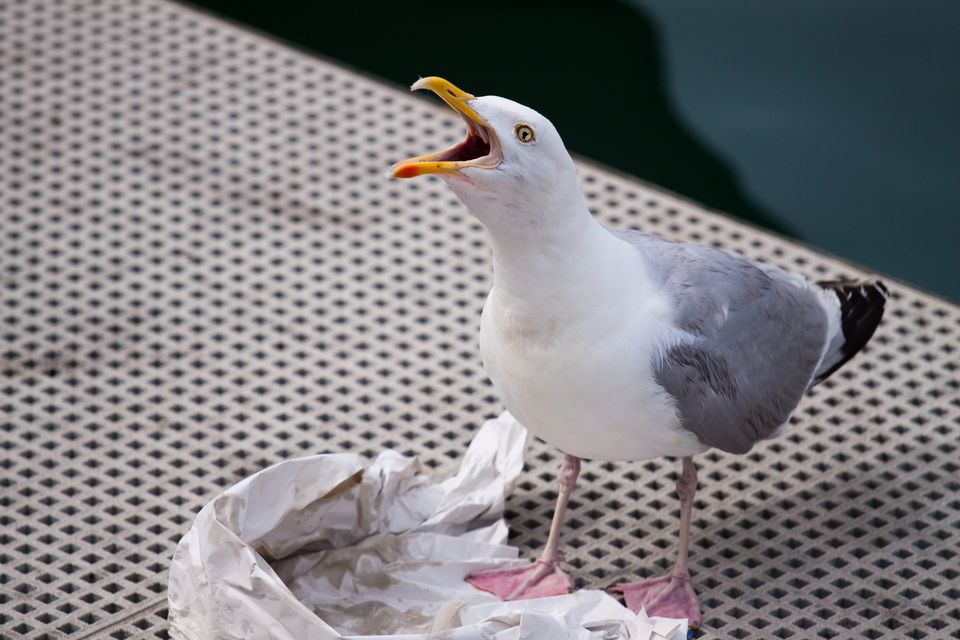Public warned of ‘aggressive’ seagulls and health risks posed by droppings ahead of summer
A seagull in search of fish and chips.
Seagulls can become “extremely aggressive” as their nesting season approaches, with the public and businesses warned to be vigilant of the birds.
Gulls generally nest and lay eggs in late spring and early summer, increasing their activity and becoming protective of their young as they search for food.
Pest control provider Rentokil has urged members of the public to be wary of the birds at this time and conscious of the health risks posed by their droppings.
Bacteria including E. coli and Salmonella can be present, leading to the spread of infection through surface contamination or inhaling the bacteria from dried droppings.
Today's News in 90 seconds - 29th April 2024
Their nests and roosting sites can also attract several pest insects such a bird mites, textile beetles and fleas, the pest controller warned.
"Gulls can pose a significant nuisance for homeowners and businesses during the summer, particularly for those located in coastal areas,” said Colm Moore, the area technical manager for Rentokil.
"It's crucial to approach them with caution as they are likely to be very protective of their young and will be busy scavenging for food.”
He said food sources for gulls should be removed from the premises, along with access to nesting sites through putting barriers over window ledges to act as a deterrent.
Bins should be secure and covered, with Rentokil urging both home and business owners to never leave rubbish bags out in the open.
“Another option to consider would be the use of a fake decoy bird of prey to help deter the presence of gulls,” Mr Moore added.
The business uses an ‘Intelligent Bird Scaring’ device that can be controlled and monitored remotely, using a system that recognises different bird species and identifies the best scare tool to deter them.
Other methods include bird spikes and bird netting.
Join the Irish Independent WhatsApp channel
Stay up to date with all the latest news















